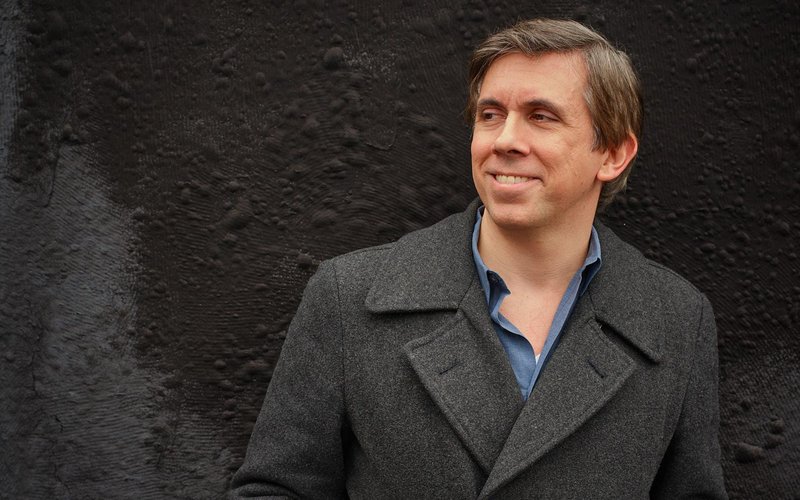
KEXP's Sound & Vision airs every Saturday morning from 7-9 AM PT, featuring interviews, artistry, commentary, insight and conversation to that tell broader stories through music, and illustrate why music and art matter. You can also hear stories, like this feature on Bundling and Gaming the Billboard Charts in the new Sound & Vision Podcast. New episodes are out every Tuesday. Subscribe now.
“Bundling” – or providing free album download codes with everything from t-shirts and concert tickets to energy drinks and pizzas – has become a mainstay in pop music. The practice has its roots in the math Billboard uses to chart albums – downloading an album counts significantly more than streaming it. But, many artists and their labels are raising concerns that purchasing merch or concert tickets doesn’t prove that people actually want to buy an album. Sound & Vision host Emily Fox spoke with pop critic and chart analyst Chris Molanphy about “bundling” and the controversy surrounding it.
In an era when albums don't sell very well anymore the traditional way, meaning going to a store and buying a compact disc or even, we now call this traditional, buying a download. Most people are streaming albums. However, sales of albums now count far more for the Billboard 200, which is the American flagship album chart, than a stream. It’s more than a four to one ratio of a single sale of an album versus a stream of a track.
The way this all started, about 15 years ago, was by the late Prince packaging his 2004 album Musicology with a concert ticket. He was mounting a big tour and basically he decided right at the start of the tour that every fan who walked into his concert would get a free copy of Musicology. He convinced Billboard that this should count for its album chart. Billboard said yes. This was sort of novel at the time and, pretty quickly, the industry and Billboard came to regret it because if all Prince was doing was giving away a free copy of his album to everybody who walked in the door, whether or not they elected to acquire the album, it didn't really measure the same thing on the album chart that any other kind of album purchase would. So that album, Musicology, sort of ran roughshod over the charts hanging out in the top 10, in the top 20 for much of the year.
There has been some philosophical questioning within the music industry over what the album chart even measures anymore. What's happened to the album chart just in the last decade is that the connection between consumer intent and the consumption of an album, a full album, has already been broken by streaming. Frankly, it's in the last five years, the second half of the 2010s, that it's turned into the wild west of merch. Everything from Travis Scott offering a range of clothing and souvenirs and trinkets, to Ariana Grande offering a locket that gives you access to her ticket purchases but not the actual tickets themselves – and that comes with the download for an album, too. What's changed is the fundamental connection between what we used to think of as album consumption and what we now think of as album consumption.
The industry itself actually wants to change some of these rules and they're the ones benefitting from it. But, there have been some serious disputes over the last couple of years over, let's call it merch versus merch battles at the top of the charts, and nobody is really sure what the rules are, what should be legal, what should be allowed. And the music business reportedly has been quietly petitioning Billboard to change its rules on merch and Billboard is reportedly examining those rules now. Probably, by the start of the 2020 chart year, Billboard will be instituting new rules on merch – some new, let's call it, rules of the road or speed limits such that people can't just willy-nilly put out any merch tied to an album and have it all count for the charts.
Sound & Vision airs Saturday mornings at 7 AM PST. Hosted by Emily Fox and John Richards, the show "uses interviews, artistry, commentary, insight, and conversation to that tell broader stories through music, and illustrate why music and art matter."
Catch Rodrigo y Gabriela in the KEXP Gathering Space on July 14 at 12 PM PT
Peck speaks to KEXP about how Lavender Country influenced him, his music, how he sees himself in the country genre, and the mask you’ll never see him without.